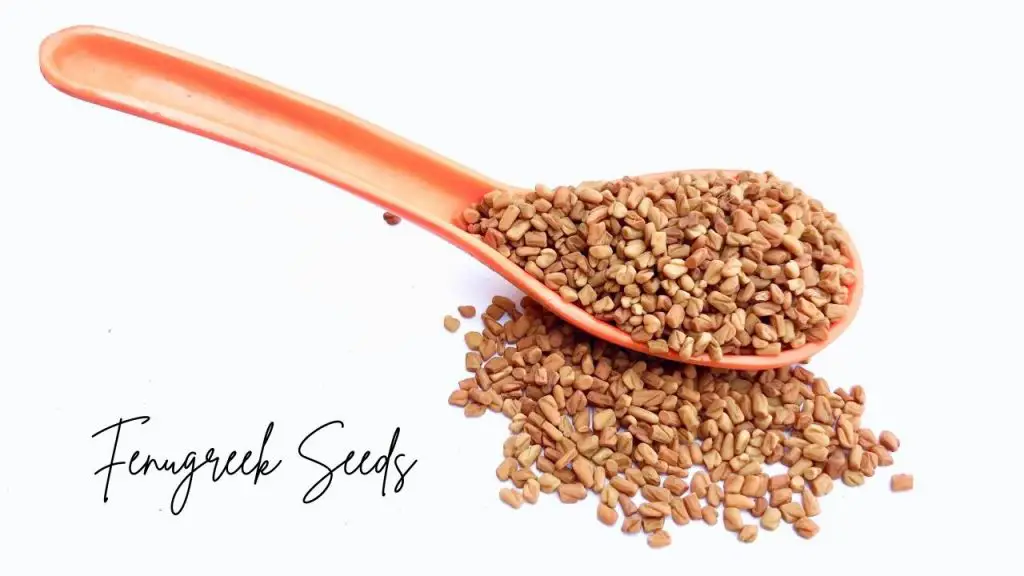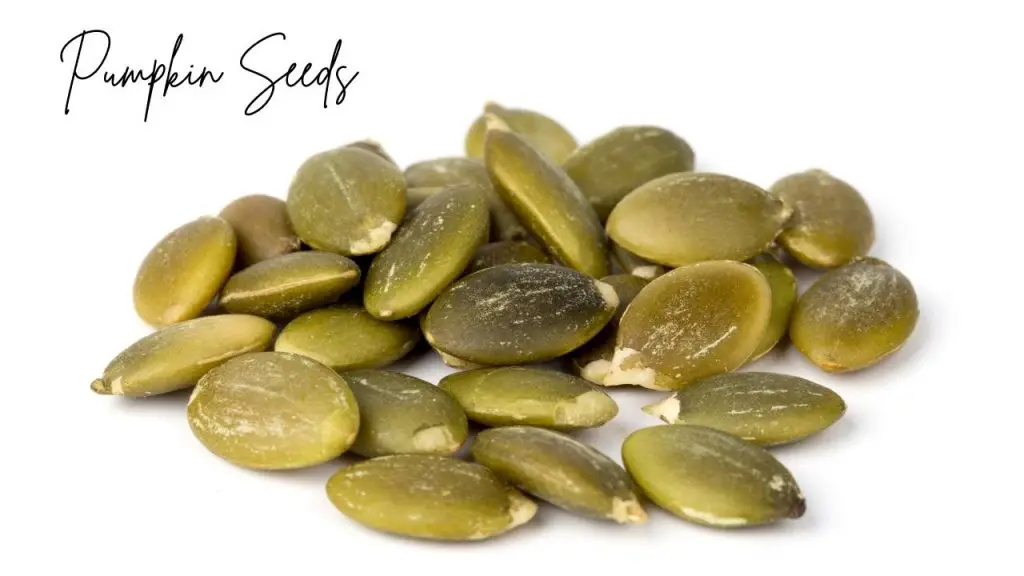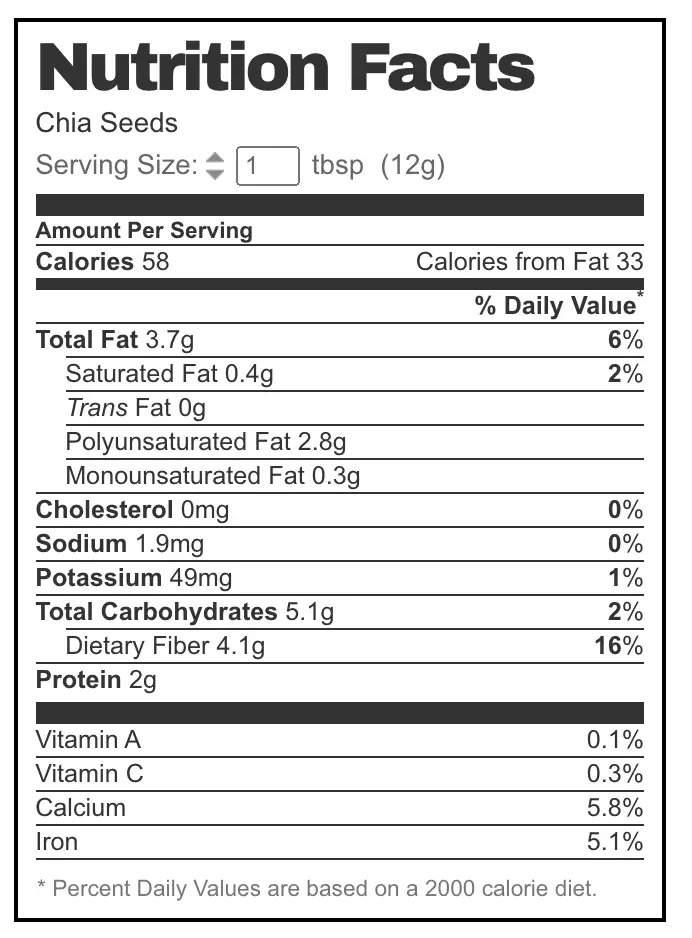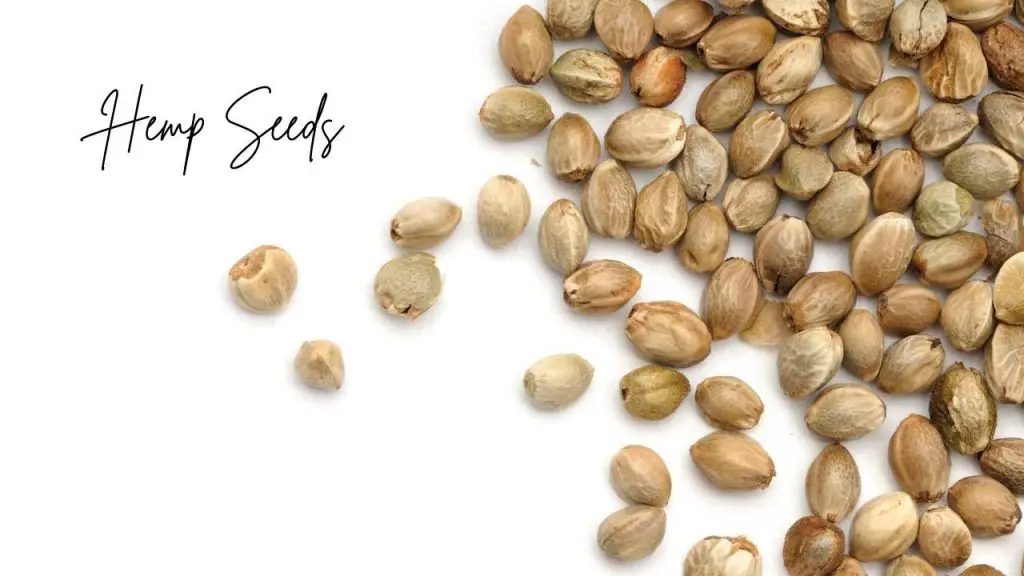We want our fur babies to be as healthy as possible and super seeds are here to help you towards that goal. If you are looking for something natural that is backed by scientific research to add to your dogs meals that will help with digestion, improve the look of the fur, and other provide health benefits then look no further.
1. Camelina Seeds (Camelina sativa)

Camelina seeds, also known as Gold of Pleasure or false flax because they look similar are a great super seed to add sparingly to your dogs diet. While similar in looks to flax seed the oil has a much longer shelf life and isn’t prone to rancidity.
A study done in 2021 determined that camelina is safe for use in dogs, you can read the study here.
The oil has naturally high levels of vitamin E and is high in polyunsaturated fats. The vitamin E contributes greatly to the longer shelf life. It is also rich in Omega 3 and 6 making it great for dogs skin health. In addition, it is great for dog’s that are prone to joint issues like arthritis as it helps prevent cartilage breakdown
It’s often used by horse owners as an omega supplement to promote healthy weight gain, decrease inflammation, and promote healthy coat quality.
Camelina oil is abundant in sterols, which has been shown to interfere with cholesterol absorption. At this time, many of the oils derived from the seeds aren’t genetically modified, which may change as more people become aware of the benefits of this super seed.
How much Camelina oil should I give my dog?
I recommend feeding your dog the oil as it is readily available
5ml or 1 teaspoon per 25 lb of bodyweight divided twice a day, although I would just add once to twice a week as too much oil can cause diarrhea. Always start with a smaller dose and work your way up to your target amount.
Camelina oil can be given with or without food

| CAMELINA NUTRITIONAL VALUE (SOURCE) |
| camelina seeds contained 1.0% calcium (Ca) 0.51% magnesium (Mg) 0.06% sodium (Na) 1.6% potassium (K) 0.04% chlorine (Cl) |
2. Fenugreek Seeds (Trigonella Foenum-Graecum)

Fenugreek is a fantastic anti-inflammatory, helps lower cholesterol, and is great for increasing milk production in lactating dogs. Overall, the seeds have been known to help maintain blood glucose levels in humans with diabetes and heart disorders. In one study, it even showed antitumor activity Al-Oqail et al. (2013) demonstrated a decrease in the cell viability of cancerous cells exposed to seed oil of fenugreek.
Studies done by G.Valette and G. Ribes, showed that the defatted portion of fenugreek seed induces hypocholesterolemic effects and antidiabetic properties in dogs.
How much fenugreek should I give my dog?
I recommend soaking the seeds in an oil (like Camelina) if you are going to give it to your dog and using them together.
For increasing milk lactation buy the Fenugreek pills for dogs, the dosage is usually 2-3 capsules per day for large breed dogs.
| FENUGREEK NUTRITIONAL VALUE – 1 TSP (SOURCE) |
| Calories 36 Fiber: 3 grams Protein: 3 grams Carbs: 6 grams Fat: 1 gram Iron: 20% of the Daily Value (DV) Manganese: 7% of the DV Magnesium: 5% of the DV |
3. Pumpkin Seeds (Cucurbita Pepo)

Pumpkin seeds are widely available and well-known for their health benefits in humans and animals. One ounce of seeds contains amino acids, fiber, zinc, folic acid, protein, niacin, potassium, magnesium, vitamins, omega 3, omega 6, and copper.
In addition, there have been several studies done in the past that showed pumpkin seed has effects on some types of worms in dogs because of the amino acid cucurbitin which paralyzes the worms so they can detach and be eliminated. One study is here. While the pumpkin seeds did not completely clear the infections, it did decrease the number of worms significantly. It has also been shown to help prevent calcium oxalate stone formation.
How many pumpkin seeds should I give my dog?
The recommended amount to give dogs is one-quarter teaspoon per 10 pounds of body weight once to twice a week. If you arere attempting to use pumpkin seeds for worms it is given twice daily, but keep in mind that even in studies they did not get rid of the worms completely.
| PUMPKIN SEEDS NUTRITIONAL VALUE 1-ounce (28-gram) serving contains (1) Calories: 151 grams Fiber: 1.7 grams Carbs: 5 grams Protein: 7 grams Fat: 13 grams (6 of which are omega-6s) Vitamin K: 18% of the RDI Phosphorus: 33% of the RDI Manganese: 42% of the RDI Magnesium: 37% of the RDI Iron: 23% of the RDI Zinc: 14% of the RDI Copper: 19% of the RDI |
4. Coriander Seeds (Coriandrum sativum)

Another super seed that was shown to be antidiabetic in dogs are coriander seeds and aloe vera given for two weeks. There were no significant side effects noted and significant positive effects on weight regulation could be confirmed. While you don’t want to give aloe vera to your dog regularly, adding a tiny amount of coriander if you have a diabetic dog may prove helpful after veterinary approval.
How much coriander should I give my dog?
If you want to give your dog coriander or cilantro, simply pinch off a small amount when you are having it and give them some in their meals. one half to a whole leaf of cilantro will do as you want to introduce the herb to their systems slowly to prevent gi upset and any allergies that may arise to cilantro.
| CORIANDER SEEDS NUTRITIONAL VALUE (SOURCE) – serving size of 100g |
| Total Fat 0.5g Sodium 46mg Total Carbohydrate 3.7g Dietary Fiber 2.8g Sugar 0.9g Protein 2.1g Calcium 67.00mg Iron 1.77mg Potassium 521mg |
5. Flax Seeds (Linum Usitatissimum)

Flax seeds have been lauded for their health benefits throughout history as they were first cultivated around 3000 B.C. One tablespoon of flax seeds contains about 7 grams of alpha-linolenic acid, which supports heart health, has anti-inflammatory properties, and has actually been shown to block the growth of tumor cells due to the lignans. Flax seeds contain up to 800 times more lignans than other food.
In addition, flax seeds have a ton of fiber which helps with keeping the gastrointestinal system running smoothly. Fiber, as we all know assists with healthy digestion, weight control, and blood sugar stabilization. This is why many dog foods and treats boast that they have flax seeds in their diets.
However, if you are giving your dog flax seeds, keep in mind that they have a tough outer shell so purchase them ground (flax meal) or grind them yourself. Also, because the seeds can go rancid fairly quickly make sure to refrigerate them, whole seeds can last for a year in an airtight container in the refrigerator. Ground flaxseeds can last for about 6 months in the freezer.
Most pet parents decide to use the oil, but the seeds have also been shown to improve dog’s coats after a month of use. If you decide to use the oil, store that in the fridge in an opaque bottle. Here is another research article about the health benefits of flax seeds in dogs.
How much flaxseed can I give my dog?
As with all the other superseeds, you want to start slowly so most holistic vets would advise to give 1/8th of a teaspoon for small dogs and 1/2 teaspoon for larger dogs over 100 pounds
| FLAX SEED NUTRITIONAL VALUE (SOURCE) – Based on 1 tablespoon or to grams |
| Calories: 55 Water: 7% Protein: 1.9 grams Carbs: 3 grams Sugar: 0.2 grams Fiber: 2.8 grams Fat: 4.3 grams |
6. Chia Seeds (Salvia hispanica)

By now, everyone has heard about or taken chia seeds. It is one of the world’s most popular super seeds as they are a rich source of vitamin B, calcium, iron, copper, zinc, and other minerals. In addition, they are anti-inflammatory and an excellent source of alpha-linolenic acid, which I like a plant Omega 3, as they have the highest amount than other plant food (even higher than flax seeds). Like flax seeds, they are also a great source of fiber and can assist in weight loss as they give a feeling of fullness without adding extra calories due to their ability to expand with water.
Chia seeds were first harvested by the Mayans, the word in Mayan means “strength”, and the Mayans believed that the seeds contained supernatural powers, and they may have been on to something!
If you want to read about the dangers of feeding your dog chia, read our article here.
How much chia seed should I feed my dog?
| Small Dogs | 1/4 – 1 teaspoon of Chia Seeds |
| Large Dogs | 1-2 teaspoons of Chia Seeds |


7. Hemp Seeds (Cannabis sativa ssp. sativa)

Hemp seeds are seriously superfoods and many holistic veterinarians give them to their patients. The seeds contain omega’s 3, 6, and 9 in addition to antioxidants and essential amino acids. It has been shown to help with dogs digestion, arthritis, and skin. It is also known for it’s calming effects on dogs.
How much hemp should I give my dog?
There are so many products for dogs with hemp that you can purchase over the counter and not worry about overfeeding your pup
| HEMP SEEDS NUTRITIONAL VALUE (SOURCE) – 2 TABLESPOONS OR 20 GRAMS |
| 111 calories 6.31 g protein 9.75 g fat 1.73 g carbohydrates 14 milligrams calcium 1.59 mg iron 140 mg magnesium 330 mg phosphorus 240 mg potassium 1.98 mg zinc 22 micrograms (mcg) folate |
Things To Keep In Mind Before Feeding Your Dog Super Seeds
- Remember that some seeds, like sunflower seeds, may have a hard outer shell and they should always be peeled first
- Always opt for seeds that are organic, free of pesticides, herbicides, insecticides, fungicides, and chemical fertilizers when possible
- Do not feed your dog flavored or salted seeds, they should be as natural as possible with no additives
- Give them seeds sparingly as too much of a good thing is not such a good thing and can cause gi upset at times, speak with your vet about specific amounts to give your fur babies
Please note that this blog article is for informational purposes only, any changes to your pet’s diet should be discussed with your regular veterinarian. This article also contains affiliate links, which if you click on them helps keep our blog up and running, so, thank you!!


























































































































